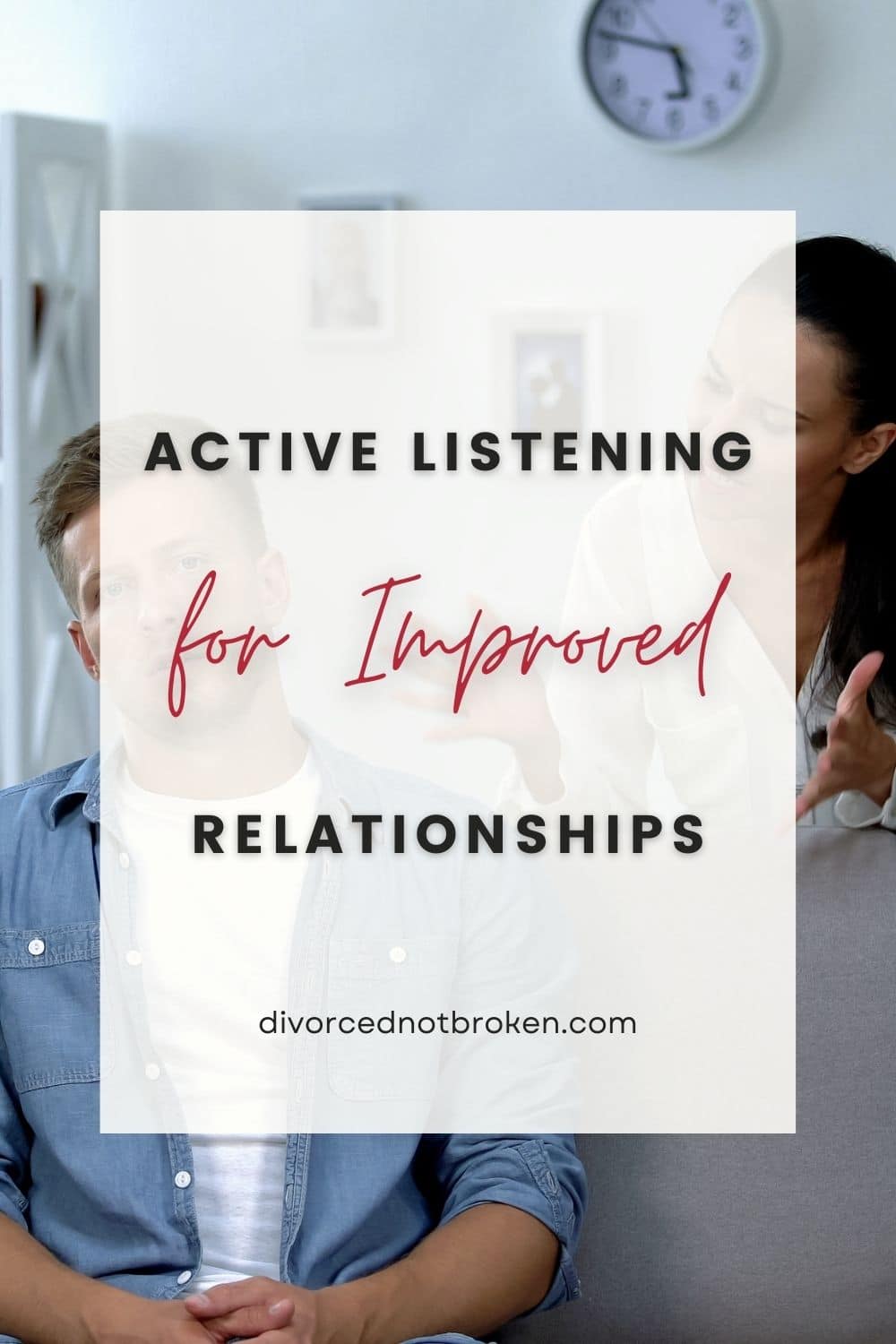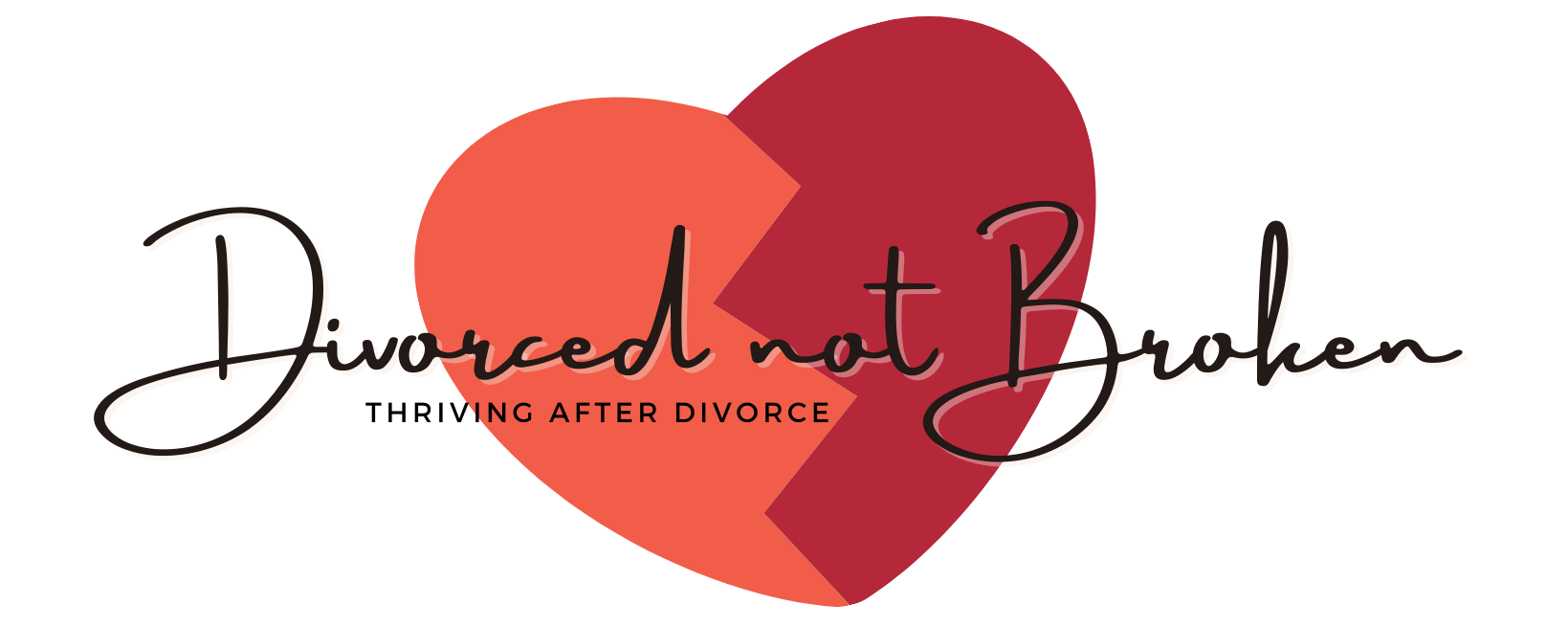Active Listening for Improved Relationships
Active listening is an invaluable communication skill that helps to recognize other’s perspective and feelings. It is well worth the effort to learn and practice in your personal and professional life to help resolve conflicts and build strong relationships.
Do you know what the #1 reason is for divorce? It is lack of communication, or poor communication skills. People ‘talk at each other’ without stopping to listen to what the other person is trying to communicate! By listening and appreciating their point of view before responding you show that you genuinely care about their feelings and want to work through your differences.

“Carl Rogers and Richard Farson coined the term “active listening” in 1957 in a paper of the same title (reprinted in 1987 in the volume Communicating in Business Today). Practicing active listening also emphasized Rogers’ (1980) concept of three facilitative conditions for effective counseling; empathy, genuineness, and unconditional positive regard.” Wikipedia
The Importance of Active Listening
Active listening is a skill that most people think they have, but few actually do. Active listening involves paying close attention to what the speaker says, as well as their body language and tone of voice. Active listeners don’t jump to conclusions to think about solutions while the speaker is still speaking. They are empathetic, nonjudgmental and refrain from getting defensive.
The best listeners give their undivided attention to the person speaking, ask questions and paraphrase back to the speaker what they heard to fully understand.
And since communication is the foundation of human relationships, active listening is a beneficial skill in any situation – whether it social, professional, and personal.
Check out these Types of Self-Care
For even more ways to improve your health and well-being.
Tips to become an active listener
If you want to become a good listener there are certain traits and skills you will need to learn. Listening is a great skill to develop and it can improve all areas of your life. We learn to talk at a very young age but most do not take the time to learn how to listen.
When we show we’re really listening, it’s much more rewarding for the person talking to you, and you’ll get more out of it too.
Pay attention
Being attentive is a key component of active listening. Face the person you are speaking to and maintain eye contact, nod, and occasionally agree to their points. If you start looking around you, you are giving them the impression that you are not interested, or have become bored.
Maintain a relaxed posture without crossing your arms and show that you are actively listening. Avoid being distracted by nearby conversations, phone notification, etc.
Withhold judgment
If you start reacting emotionally to what’s being said, you block out what is said next. Try to focus on listening with an open mind and understanding that this person is giving you their perspective. Equally, don’t assume that you know what’s going to be said next, you may realize that they. make more sense as they continue to speak.
Ask open-ended questions
Closed questions are one that can be answered with a simple “yes” or “no”, while open questions require the speaker to elaborate on her/his perspective. Asking relevant questions can show that you’ve been listening, help clarify what has been said, and keep the interaction natural.
Request clarification
Ensure that you are understanding the speaker correctly by periodically asking questions. By doing so, they also get a chance to expand on certain points as necessary.
Paraphrase
Explain what you believe has been said in your own words. A way to do this is by using expressions like “is that what you were trying to say?” or “did I get that right?” Repeating what has been said shows that you understand it, and allows the speaker to correct you if you haven’t understood correctly.
Be attuned to the speaker’s feelings
Humans are naturally empathetic, but many of us have biases and preconceived ideas that have formed from past experiences. A good listener always looks at things from the other person’s perspective. Even if you don’t agree with them, try to at least understand how they could feel the way they do, and how their feelings affect their thoughts and actions.
Summarize
Offer a concise summary of what you believe the main points and intent of the message using your words. This is another great way to keep your assumptions, judgments, and beliefs from distorting the message. Restating key themes as the conversation proceeds confirms that you understand their point of view and gives the speaker a chance to correct if necessary.
Final Thoughts
It takes a lot of practice and determination to be an active listener. It’s about being completely focused on others, their words and their messages, without being distracted. The more we do it, the better we get at it.
When you are an attentive listener, you can begin to improve relationships, make decisions more effectively and reach agreements with others quickly.
It is possible to become an active listener by paying attention, removing distractions, deferring judgement, asking open-ended questions, paraphrasing, requesting clarification, and summarizing.







